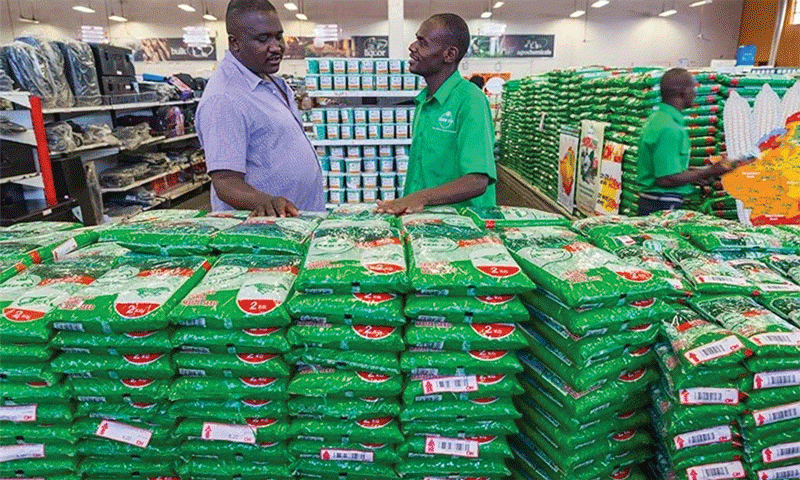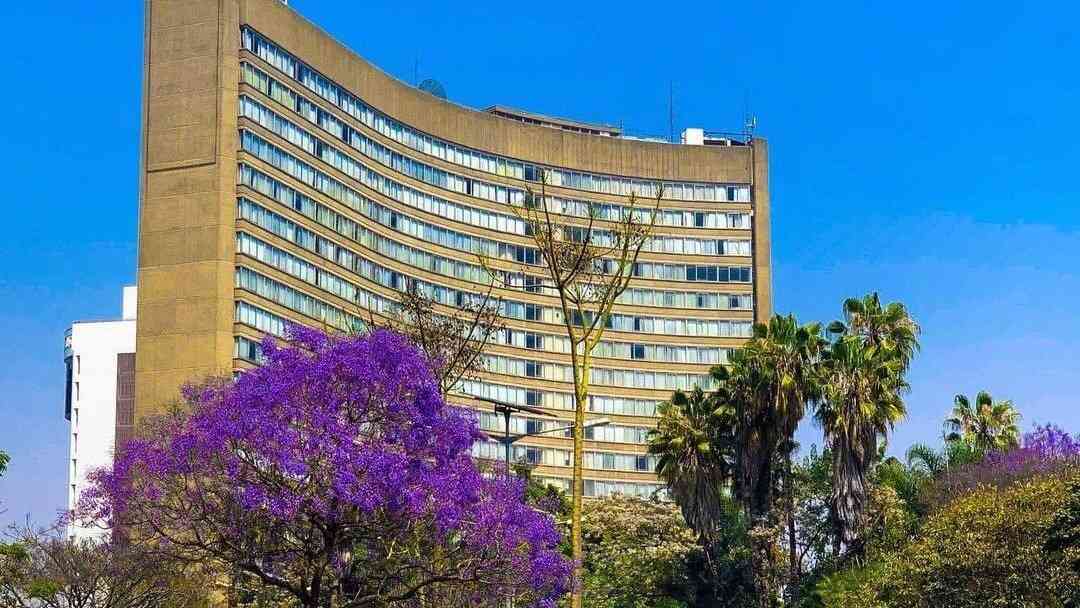
THE government of Zimbabwe owes Seed Co Limited a staggering US$13,31 million for seed deliveries made during the previous farming season, plunging the company into a severe liquidity crisis, Standardbusiness can reveal.
This significant debt has raised concerns about the government's payment backlog and its impact on the private sector, particularly in the critical agricultural industry.
“Well, the main amount is about US$13 million which is still owed by the central government," SeedCo chief executive officer Morgan Nzwere told Standardbusiness on the sidelines of the company's annual general meeting (AGM) held in Harare last week.
"However, the government is an important customer so every year they buy a lot of seeds.
“There have been some liquidity challenges that have arisen as a result of that debt not being cleared.
“However, it does not worry us that much as we have never written off government debt.”
Nzwere, however, said borrowing from banks to fill the financing gaps was eating into the company’s profits.
“We know that there will be some payment challenges but eventually, they do clear their debt.
- Seed Co muscled out of Pfumvudza
- Cricket reaps benefits of fan engagement initiatives
- SeedCo records 14% growth in volumes
- Seed Co eyes DRC market
Keep Reading
“The big challenge that it creates for us is we then have to go to the banks to borrow to cover that gap and that results in finance charges which then eat into the profit,” he said.
“I cannot know why the government would delay payments. But we engage them, and we have been receiving some payments. “It is just that we would like the payments to be cleared a lot quicker to save on interest so that we do not go to the banks to borrow. But, you know, the government has got many priorities.”
In a presentation delivered during the AGM, the SeedCo boss revealed that from March, the government had cleared about 43% of the initial debt they owed from US$23,4 million to approximately US$13,31 million.
The company expects this to be fully settled before the commencement of next season.
“We have been seeing payments coming through. What they (government) can do is give you a definite plan to say we will pay you so much by such and such a date, but we have been seeing payments coming through,” Nzwere said.
He, however, said that the company had cleared all outstanding payments to farmers for the previous farming season.
“We do not owe our farmers any money. We paid our growers for all the deliveries that they have done so far,” he said.
SeedCo’s failure to secure funding also comes as it is also being greatly affected by the drought, with the company planning to increase its business in foreign countries to raise forex through export revenues.
“There is no liquidity in the local market. The drought is affecting demand, and it is affecting our producers even on the seed production side,” Nzwere said.
“As I said, we expect production to be down by 40% but even as a nation I think we have had figures of around 70%-72% in terms of reduced harvest, that speaks to the demand for our products.
“East Africa by and large, at this stage, is our target export market. So, we are sending seed to Kenya, Tanzania, Uganda, Sudan, Burundi, and Rwanda.
“Those are the key markets that we are targeting. We are very positive. We think demand should be huge.
“People need to refill their granaries because of the reduced yield that they got this year, so we expect some very good sales.”
Nzwere said the company is planning to take advantage of the already existing partnerships to improve profits this coming financial year.
“Our major partner is Limagrain. We are a shareholder in the business, but we also partner with other research institutions. We partner the government in terms of seed distribution,” he said.
“It is a business of partnerships. We partner with farmers for production. We partner with distributors to distribute our seed. We do not sell it directly ourselves, and so on.”
SeedCo operates in 35 countries in Africa with direct operations in Angola, Botswana, DRC, Ethiopia, Kenya, Malawi, Mozambique, Nigeria, Tanzania, Rwanda, Uganda, Zambia, and Zimbabwe.










